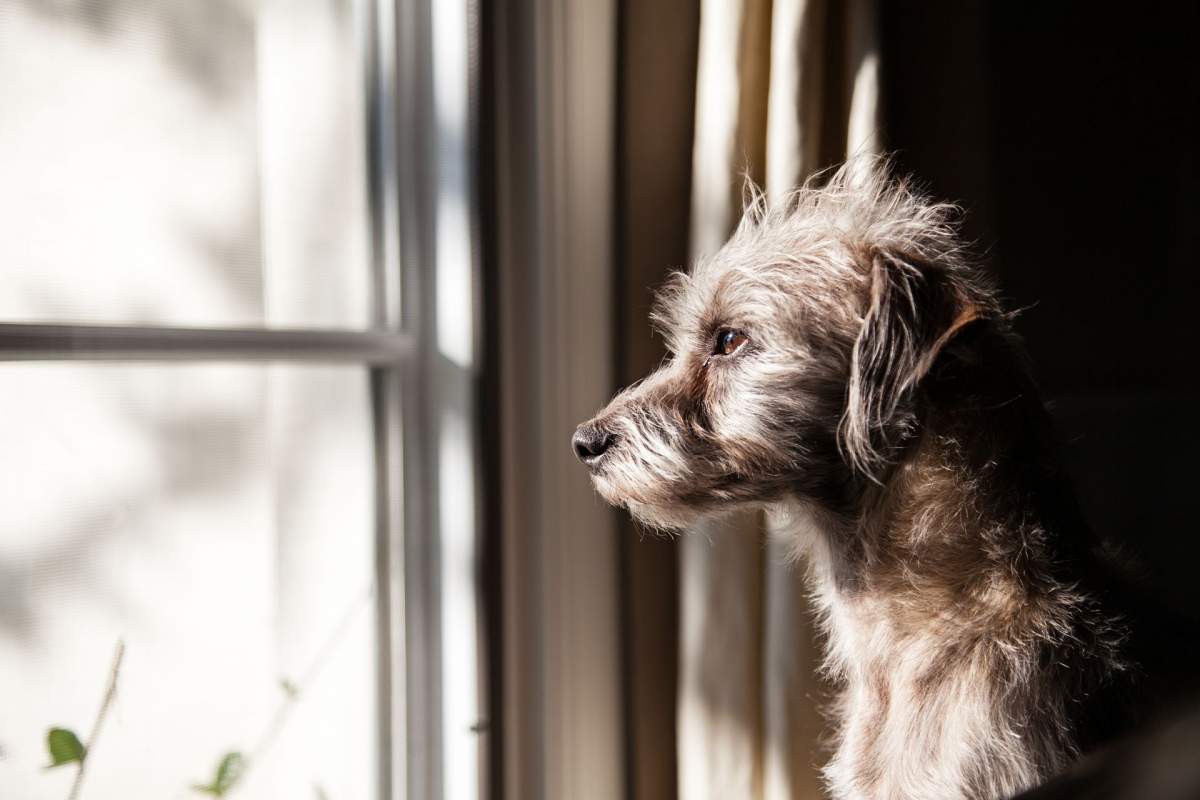If you’re a dog owner, you know how much your pup loves being around you. But when you leave for work or errands, it can be heartbreaking to see your dog experience separation anxiety. Separation anxiety in dogs is a serious issue that can lead to destructive behaviors and even health issues if left unaddressed. Fortunately, there are steps you can take to help your pup cope with their anxiety.
In this article, we’ll explain what causes separation anxiety in dogs, the signs and symptoms to look out for, and the things you can do to help your pup during times of stress – be it giving your pup interactive treats or CBD products for pets: the natural choice for pet wellness.
We’ll also discuss how to create an environment where your pup feels safe and secure when you’re away. By the end of the article, you’ll know how to give your pup the emotional support it needs to enjoy a happy and healthy life.
What Causes Separation Anxiety in Dogs?
There’s no one-size-fits-all answer to this question since every dog is different. However, there are some common causes of separation anxiety that you should be aware of.
One of the most common reasons dogs experiences separation anxiety is due to a change in their routine. For instance, if you usually work from home but suddenly start going into an office five days a week, your dog may become anxious at the thought of being left alone for long periods of time.
Other changes, such as a new baby in the house or a move to a new home, can also trigger separation anxiety.
Dogs who have been abandoned or rehomed are also more likely to experience separation anxiety. This is because they may associate being left alone with being abandoned, which can be a very traumatic experience.
What Are the Signs and Symptoms of Separation Anxiety in Dogs?
The signs and symptoms of separation anxiety can vary from dog to dog. However, there are some common ones that you should look out for, including:
- excessive barking or howling when you leave the house,
- destructive behavior, such as chewing on furniture or digging holes,
- attempting to escape from the house or yard,
- pacing back and forth,
- panting or drooling excessively,
- appearing agitated or restless.
If you notice any of these signs, it’s important to consult with your veterinarian to rule out any other medical conditions that could be causing them. Once you’ve ruled out any medical causes, you can start working on addressing your dog’s separation anxiety.
How to Help a Dog With Separation Anxiety
There are several things you can do to help your dog cope with their separation anxiety. Below are some tips to get you started:
Create a Safe Space
One of the best things you can do for your dog is to create a safe space for them to relax in when you’re away. This could be a crate or a dog bed in a quiet room where they feel comfortable and safe.
If your dog doesn’t have a designated space, it may feel like they have to protect the entire house, which can increase its anxiety.
Exercise Your Pup Before You Leave
A tired dog is a calm dog, so make sure to give your pup plenty of exercise before you leave for the day. A long walk or run in the morning will help burn off some of their energy and make them more likely to take a nap while you’re gone.
Give It Interactive Toys
Interactive toys, such as food puzzles or Kongs filled with treats, can help keep your dog’s mind occupied while you’re away. This will help them stay calm and avoid destructive behaviors out of boredom.
Leave It with a Piece of Clothing That Smells Like You
For instance, leaving a shirt that smells like you in your dog’s safe space can help it feel comforted while you’re away. Dogs have a very strong sense of smell, so the scent of their favorite person will help ease their anxiety.
Try CBD Oil for Dogs
CBD oil is a natural remedy that can help relieve anxiety in dogs. It works by interacting with the body’s endocannabinoid system, which helps regulate mood and stress levels.
CBD oil is non-toxic and has few side effects, making it a safe option for dogs who experience separation anxiety.
Talk to Your Vet About Anti-Anxiety Medication
In severe cases of separation anxiety, your vet may recommend anti-anxiety medication to help your dog cope. This should only be used as a last resort after you’ve tried all other options, as some medications can have serious side effects.
Final Note
Separation anxiety in dogs is a serious issue that can hurt your pup’s health and well-being. If you think your dog may be experiencing separation anxiety, it’s important to talk to your veterinarian. They can help you create a treatment plan that’s right for your pup. With the right support, your dog can learn to cope with its anxiety and enjoy a happy and healthy life.
Related









